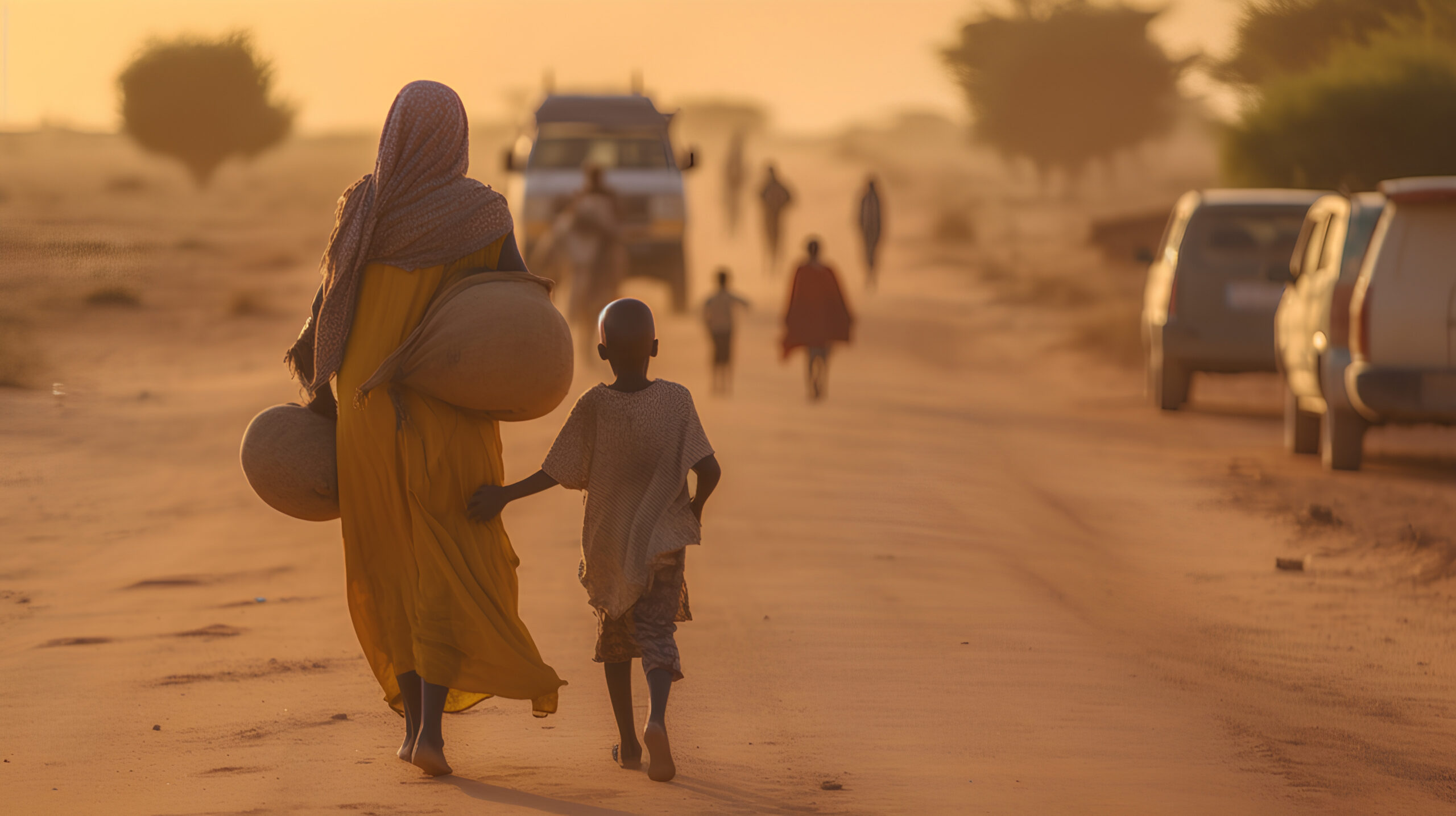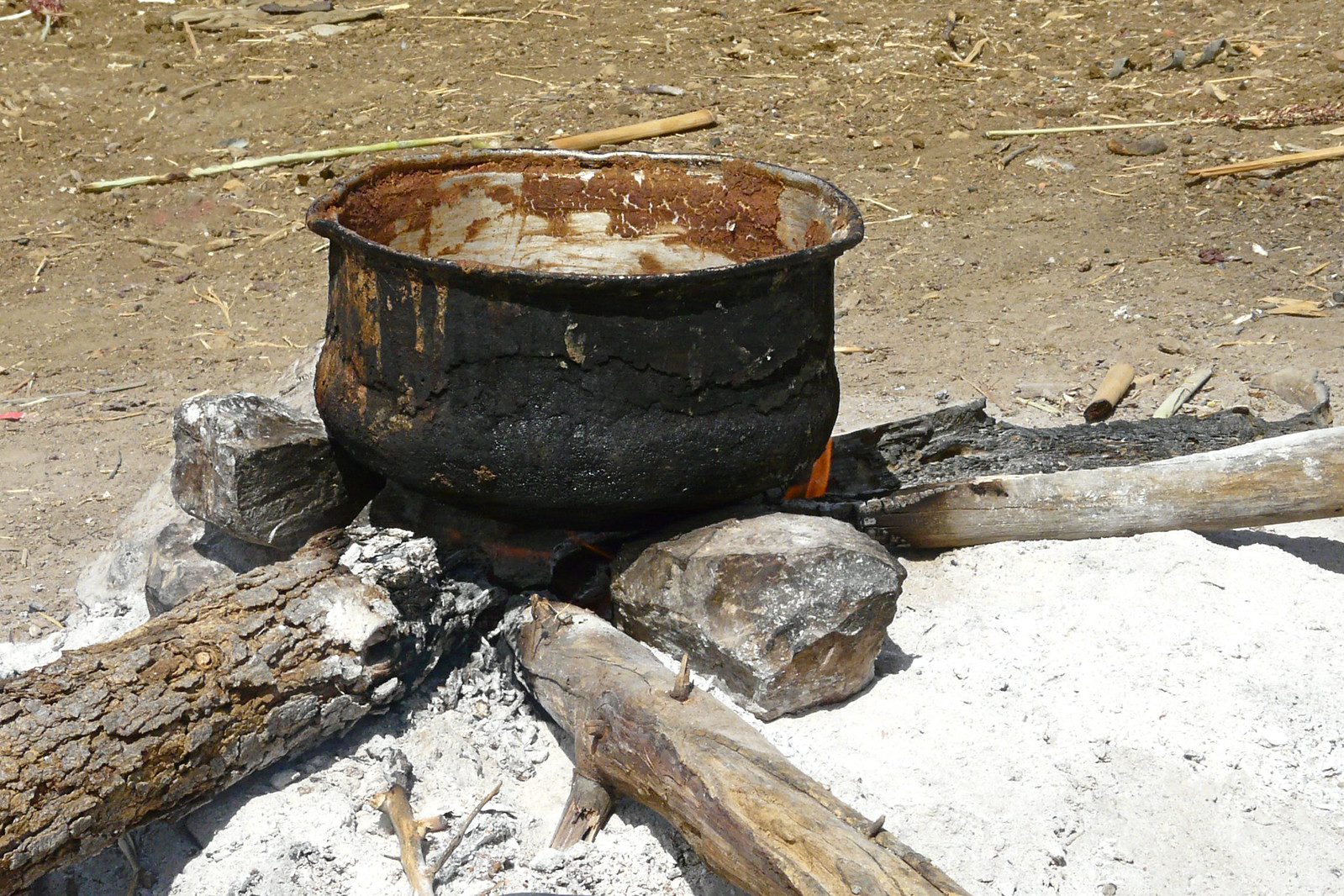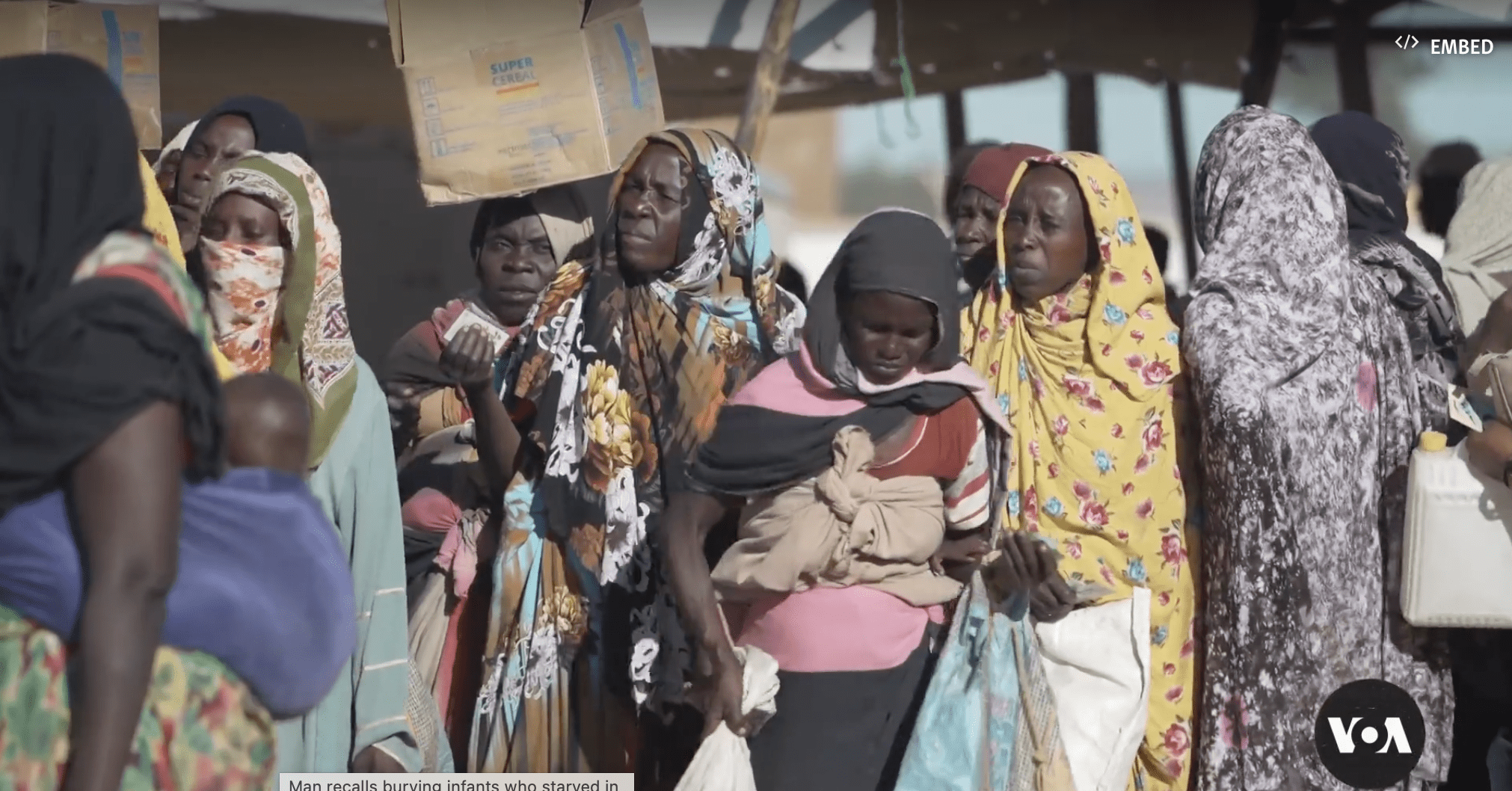Sudan’s current slide into famine has no precedent in recent history. It threatens to become a mass mortality episode without parallel worldwide for forty years or longer. But the famine of 2024 is neither anomalous nor unforeseeable.
In this video lecture, and accompanying slide deck, I explain why.
text
Sudan’s 2024 famine is four food crises layered on top of one another. It is the simultaneous collapse of all the pillars of the national food economy.
One layer of Sudan’s food emergency is the crisis in smallholder agriculture due to decades of neglect compounded by drought and environmental deterioration. Historically, Sudan’s peripheries have suffered famine from these causes—notably in 1984/85.
A second layer is mass deprivation caused by war, specifically wars of pillage fought by militia against local communities suspected of sympathies for insurgents. This was the cause of severe famines in southern Sudan, the Nuba Mountains and Darfur. The legacy of those wars includes large populations of people forcibly displaced, to camps and cities, dependent on food aid or precarious livelihoods.
A third layer of crisis is urban hunger, caused by a collapse in the purchasing power of salaries in the public and private sectors. That’s historically rare, because governments are very sensitive to urban discontent. But the macroeconomic crisis that struck in 2016 led to urban food insecurity.
Bread was the symbol of the civil revolution of 2018-19. Failure to feed the people condemned that democratic revolution.
Even before full-scale war broke out in April last year, Sudan was facing unprecedented levels of humanitarian need—the ‘crisis before the crisis.’
On top of all of these is the massive disruption, displacement and devastation caused by the men fighting today. Both sides have used hunger as a weapon; neither has facilitated outside assistance or supported Sudan’s own humanitarians. The Rapid Support Forces are looting machine, pillaging everything in their path, including ripping the heart out of Sudan’s breadbasket state of Gezira.
Each of the five pillars of Sudan’s food economy has come crashing down.
Large-scale commercial agriculture in the center and east of the country, dependent on fuel, fertilizers, credit and migrant labor, is tottering where it has not fallen entirely.
Small scale village agriculture is disrupted due to the rampages of the RSF through Darfur and much of Kordofan, along with mass displacement.
Wheat imports that previously fed the cities have been reduced to a trickle.
Livestock herds are in the hands of soldiers and militiamen, owned and sold for the benefit of the belligerents’ war machines.
And food aid has practically ground to a halt. Millions of people dependent on food aid were plunged into starvation with horrifying speed. Famine conditions are reported in camps in Darfur.
Sudan’s neighbors are suffering too. Chad, South Sudan, and Ethiopia are all in food crisis. Libya and Egypt are inhospitable to refugees. We have never before witnessed multiple simultaneous food emergencies across the region in this way.
And as the needs escalate, the response capacity diminishes. Before the recent donor conference in Paris, Sudan’s emergency appeal was just 6 percent funded. The existing international emergency apparatus is clunky and slow. It needs to find creative ways of supporting the Sudanese volunteers and humanitarian professionals who are doing what they can.
The months ahead are dark indeed. Sudan is deep into the process of famine. Many will die. Famine will transform Sudan’s political economy, likely in ways that further impoverish the many. Sudanese society will be traumatized.
We should not wait to count the graves of children before calling this a famine and doing our utmost to stop it.



